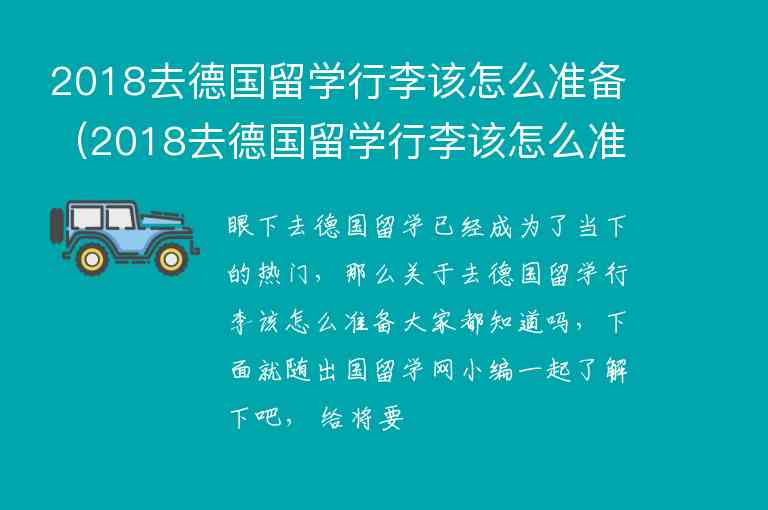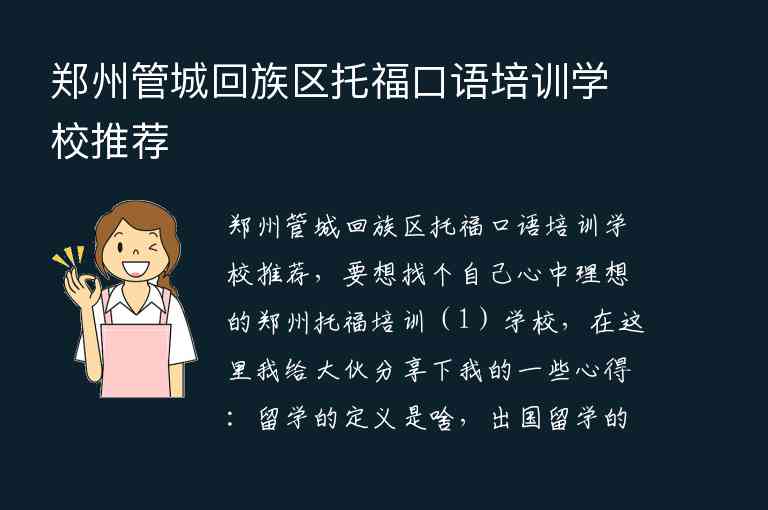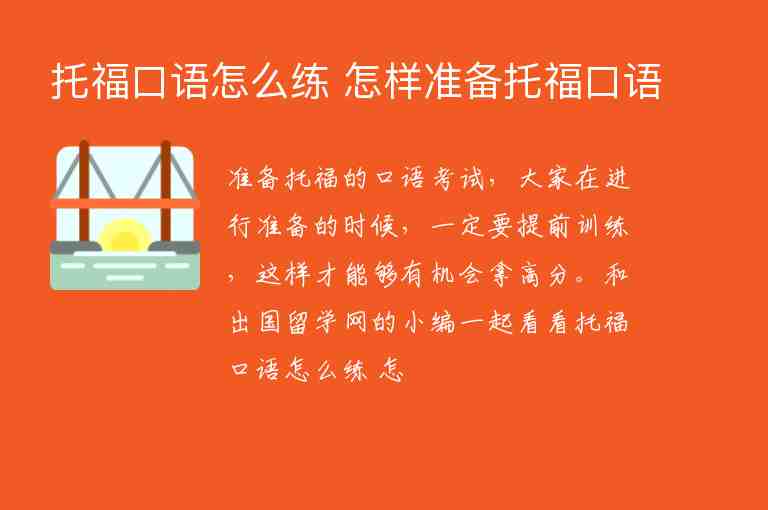[ˈælən ˈtjʊərɪŋ]
noun.
Alan Turing is a British mathematician, computer scientist, and philosopher who is widely considered to be the father of theoretical computer science and artificial intelligence. He was a pioneer in the field of computer science and played a crucial role in breaking the German Enigma code during World War II. His work laid the foundation for modern computing and his contributions continue to impact technology today.
怎么读:
Alan Turing的名字发音为 [ˈælən ˈtjʊərɪŋ],其中“Turing”的发音与“touring”相似。
用法:
作为一个名词,Alan Turing通常用来指代这位著名的科学家本人,也可以用来形容与他相关的事物或概念。
例句1:Alan Turing was a brilliant mathematician and computer scientist.
艾伦·图灵是一位杰出的数学家和计算机科学家。
例句2:The Turing test is a measure of a machine's ability to exhibit intelligent behavior.
图灵测试是衡量机器展现智能行为能力的标准。
例句3:The Alan Turing Institute is dedicated to advancing research in data science and artificial intelligence.
艾伦·图灵研究所致力于推动数据科学和人工智能领域的研究。
例句4:The movie "The Imitation Game" tells the story of Alan Turing's life and achievements.
电影《模仿游戏》讲述了艾伦·图灵的生平和成就。
例句5:Alan Turing's legacy continues to inspire future generations of scientists and researchers.
艾伦·图灵的遗产继续激励着未来的科学家和研究人员。
同义词及用法:
1. Turing machine - 图灵机,一种理论计算模型,也是图灵在其著作《论可计算数及其应用》中提出的概念。
2. Enigma code - 谜一样的密码,指二战期间纳粹德国使用的加密机器及其密码。
3. Artificial intelligence - 人工智能,指通过计算机模拟人类智能行为的技术和方法。
4. The Imitation Game - 模仿游戏,指图灵提出的测试机器是否具备智能行为能力的方法。
编辑总结:
艾伦·图灵是一位杰出的科学家,他对计算机科学和人工智能领域做出了重大贡献。他在二战期间德国密码的成就使他成为,并为现代计算机技术奠定了基础。他留下的遗产将继续影响着未来科技发展。




